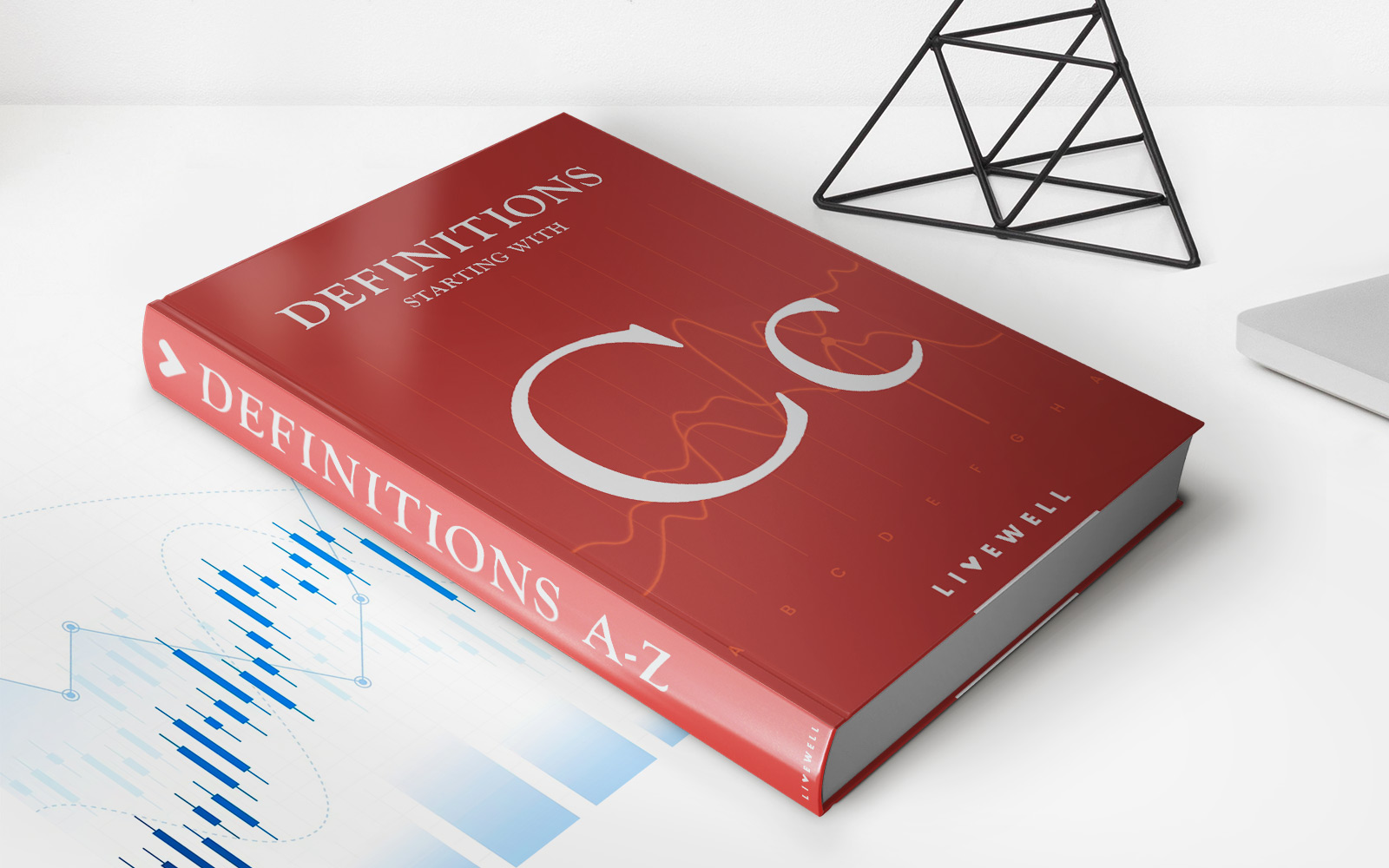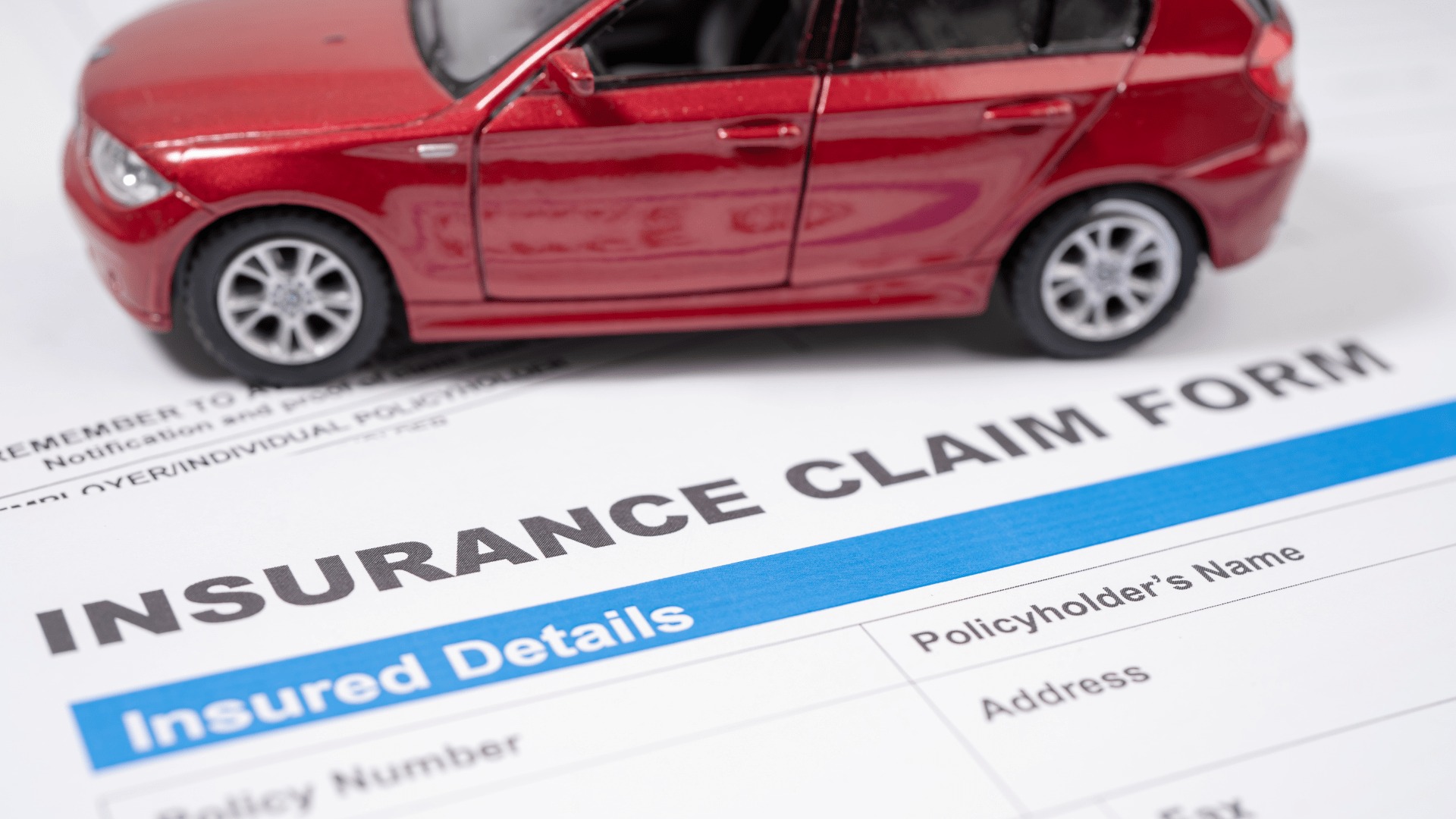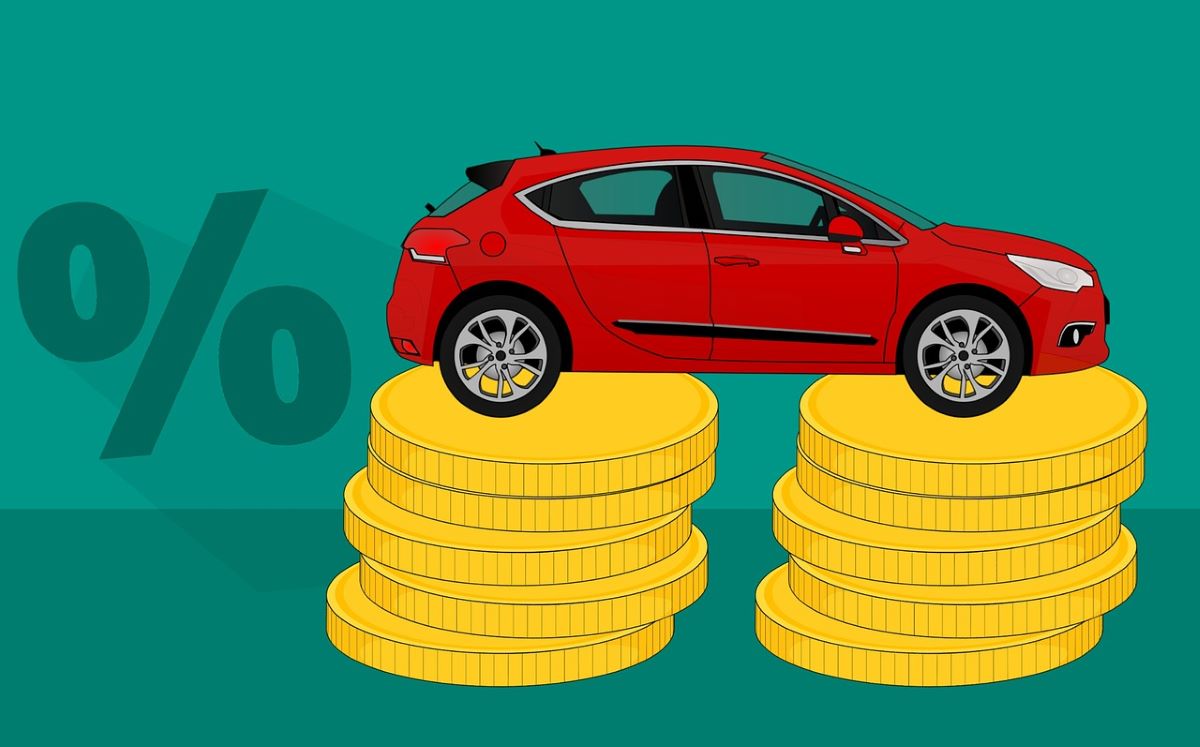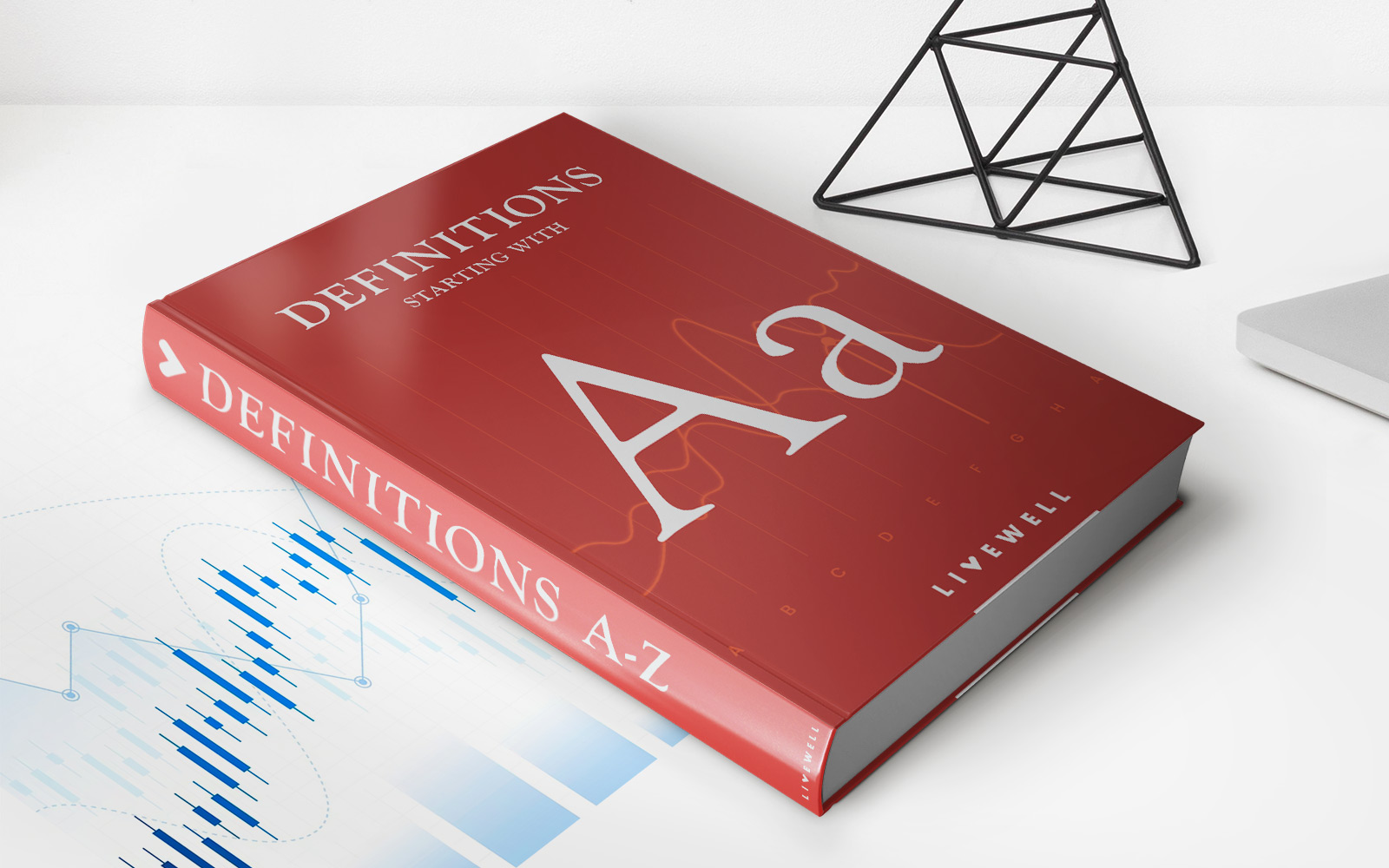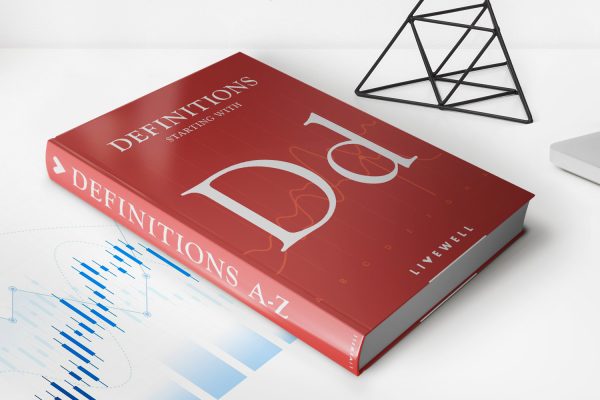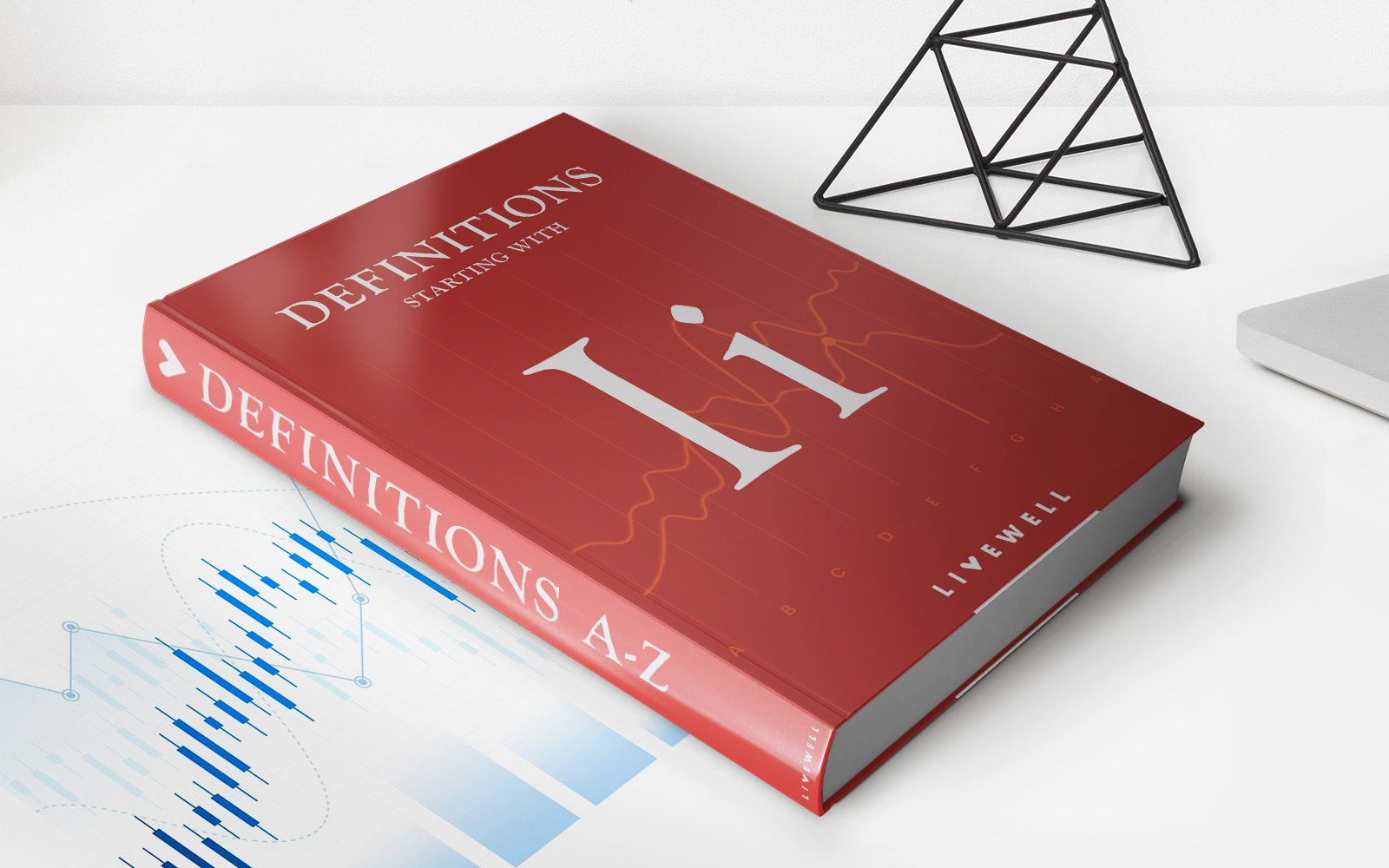

Finance
How To Get Cheap Car Insurance?
Published: November 14, 2023
Looking to save money on car insurance? Discover effective strategies to obtain affordable car insurance while managing your finances smartly.
(Many of the links in this article redirect to a specific reviewed product. Your purchase of these products through affiliate links helps to generate commission for LiveWell, at no extra cost. Learn more)
Table of Contents
- Introduction
- Shop Around for Quotes
- Consider Your Coverage Needs
- Opt for Higher Deductibles
- Maintain a Good Driving Record
- Bundle Insurance Policies
- Take Advantage of Discounts
- Improve Your Credit Score
- Drive a Safe and Affordable Vehicle
- Look for Usage-Based Insurance Options
- Pay Your Premiums in Full
- Final Thoughts
Introduction
Car insurance is a necessary expense for vehicle owners, but it doesn’t have to break the bank. Finding cheap car insurance that still provides adequate coverage can seem like a daunting task, but with a little knowledge and effort, you can save a significant amount of money on your premiums.
Insurance providers consider various factors when determining the cost of your car insurance, including your age, driving record, location, and the type of vehicle you drive. While some factors are beyond your control, there are still proactive steps you can take to reduce your car insurance costs.
In this article, we will explore some effective strategies to help you get cheap car insurance without sacrificing the coverage you need. From shopping around for quotes to taking advantage of discounts and improving your driving record, these tips will empower you to find affordable insurance options.
Keep in mind that while cost is an important consideration, it’s also crucial to choose an insurance policy that provides adequate coverage for your specific needs. Balancing affordability and comprehensive coverage is the key to getting the best value for your money.
Now, let’s dive into the actionable steps you can take to secure cheap car insurance and keep more money in your pocket.
Shop Around for Quotes
One of the most important steps in finding cheap car insurance is to shop around and compare quotes from multiple insurance companies. Insurance rates can vary significantly from one provider to another, so it’s essential to do your due diligence and explore your options.
Start by gathering quotes from at least three different insurance companies. You can either contact insurance agents directly or use online comparison tools to get quotes quickly and conveniently. Make sure to provide accurate and consistent information to each insurer to ensure accurate quotes.
When comparing quotes, don’t just look at the premium cost alone. Consider the coverage limits, deductibles, and additional benefits included in each policy. A lower premium may seem enticing, but if it comes with higher deductibles or inadequate coverage, you may end up paying more out of pocket in the event of an accident.
It’s also important to note that insurance rates can change over time. So, even if you’ve been with the same insurance company for years, it’s still worth shopping around periodically to ensure you’re getting the best possible rate.
Remember, finding cheap car insurance is not just about getting the lowest price—it’s about finding the right balance between affordability and coverage. Take the time to compare quotes and carefully evaluate the policy details before making a decision.
Consider Your Coverage Needs
When seeking cheap car insurance, it’s crucial to assess your coverage needs to avoid paying for unnecessary features. Understanding the minimum coverage requirements in your state will give you a baseline, but it’s essential to evaluate your personal circumstances and financial situation to determine the appropriate coverage.
If you have an older vehicle with a lower market value, for example, you may consider dropping collision and comprehensive coverage. These coverages pay for damages to your vehicle in the event of an accident, theft, or other incidents. However, if the cost of these coverages exceeds the value of your vehicle, it may be more cost-effective to forgo them.
Liability coverage is typically required by law and helps pay for damages and injuries to other parties if you’re at fault in an accident. You’ll want to ensure your liability limits are sufficient to protect your assets and provide peace of mind.
Additionally, if you have a good health insurance plan, you may be able to lower your personal injury protection (PIP) coverage, which covers medical expenses for you and your passengers regardless of who is at fault. However, it’s essential to carefully evaluate your health insurance policy to ensure it provides adequate coverage in the event of an accident.
By tailoring your coverage to your specific needs, you can avoid paying for unnecessary options and reduce your overall insurance costs. However, be sure not to skimp on vital coverage elements that could leave you financially exposed in case of an accident.
Opt for Higher Deductibles
Choosing a higher deductible can be an effective strategy to lower your car insurance premiums. A deductible is the amount you pay out of pocket before your insurance coverage kicks in. By increasing your deductible, you assume more financial responsibility in the event of a claim, which often translates to lower premium costs.
When deciding on a deductible amount, it’s essential to consider your financial situation and ability to cover the deductible if an accident occurs. While a higher deductible may lower your premiums, you’ll need to have enough funds set aside to cover that amount in case of an accident.
For instance, if you currently have a $500 deductible and raise it to $1,000, you can often see significant savings on your premiums. However, it’s crucial to weigh the potential savings against your comfort level with assuming a higher financial burden in the event of a claim.
Keep in mind that higher deductibles are typically more suitable for drivers who have a good driving record and a low risk of accidents. If you frequently find yourself involved in accidents or have a history of filing claims, a higher deductible may not be the best option for you.
Ultimately, finding the right balance between deductible and premium cost is crucial. Consider your financial situation and driving history when deciding on a deductible amount that works for you. By choosing a higher deductible, you can lower your insurance premiums and potentially save money in the long run.
Maintain a Good Driving Record
One of the most effective ways to secure cheap car insurance is by maintaining a good driving record. Insurance companies reward safe drivers with lower premiums because they are seen as lower risk. On the other hand, drivers with a history of accidents, traffic violations, or DUI convictions are considered higher risk and typically face higher insurance rates.
To maintain a good driving record, it’s important to drive safely and follow all traffic laws. Obey speed limits, avoid distracted driving, and always use your seatbelt. Additionally, be mindful of other vehicles on the road, practice defensive driving techniques, and stay alert to prevent accidents.
Avoiding traffic violations, such as speeding tickets or running red lights, is also crucial. These infractions not only result in fines and potential license suspensions but can also lead to increased insurance premiums. Drive responsibly and be aware of your surroundings to minimize the risk of accidents and traffic violations.
If you do have a history of accidents or violations, don’t lose hope. In many cases, insurance companies offer opportunities for drivers to lower their premiums over time by maintaining a clean driving record. Focus on improving your driving habits and following safe practices consistently. Over time, your insurance rates may decrease as a result.
Remember, maintaining a good driving record is not only essential for securing cheap car insurance but is also crucial for your safety and the safety of others on the road. Drive responsibly, stay vigilant, and enjoy the benefits of lower insurance premiums as a reward for your safe driving habits.
Bundle Insurance Policies
Another effective strategy for obtaining cheap car insurance is to bundle multiple insurance policies with the same provider. Many insurance companies offer discounts to customers who have multiple policies with them, such as combining car insurance with homeowners or renters insurance.
By bundling your policies, you can save money on each individual policy’s premiums while also simplifying your insurance needs. It’s more convenient to have all your policies in one place, and you may even benefit from added conveniences like a single deductible for multiple claims if your bundled policies offer that option.
When considering bundling insurance policies, it’s crucial to assess your needs and compare quotes from different providers. While bundling can often result in significant savings, it’s essential to ensure that you’re not compromising on coverage or paying for unnecessary options just to qualify for the discount.
Shop around and compare bundled insurance quotes from various providers. Evaluate the coverage and limits offered by each company to determine the best value for your money. Don’t hesitate to ask questions and clarify any concerns about coverage or policy details before making a decision.
Additionally, keep in mind that the discount for bundling insurance policies may vary from one provider to another. While it’s tempting to opt for the largest discount available, make sure to consider other factors such as customer service, reputation, and financial stability of the insurance company before making a final decision.
Bundling insurance policies can be a win-win situation, saving you money while simplifying your insurance needs. Consider the potential benefits of bundling and explore your options with different insurance providers to find the best deals and coverage for your specific needs.
Take Advantage of Discounts
Insurance companies often offer various discounts to help policyholders save money on their car insurance premiums. Taking advantage of these discounts can significantly lower your insurance costs and help you secure cheap car insurance.
Here are some common discounts to consider:
- Safe driver discount: If you have a clean driving record without any accidents or traffic violations, you may be eligible for a safe driver discount. This discount rewards responsible drivers who demonstrate a low risk of accidents.
- Good student discount: If you’re a student and maintain good grades, you could be eligible for a good student discount. Insurance companies believe that students who excel academically are more responsible and therefore offer this discount.
- Multi-vehicle discount: If you insure multiple vehicles with the same insurance company, you may qualify for a multi-vehicle discount. This discount recognizes that insuring multiple vehicles with the same provider is less costly for the insurer.
- Affinity group discounts: Some insurance companies offer discounts to members of certain organizations or professional groups. Check if you belong to any eligible groups and inquire about potential discounts.
- Paperless billing discount: Opting for paperless billing and managing your insurance policy online can sometimes result in a small discount. This not only saves you money but is also an eco-friendly choice.
- Low mileage discount: If you don’t drive your vehicle frequently or have a particularly low annual mileage, you may be eligible for a low mileage discount. Insurance companies consider low mileage drivers to be at lower risk of accidents.
These are just a few examples of the many discounts available. It’s important to contact your insurance provider and inquire about all the potential discounts you may qualify for. Each insurance company offers different discounts, so it’s worth exploring your options and finding the ones that can help you save the most.
Remember that discounts may not be automatically applied to your policy, so be proactive in asking your insurance agent about available discounts and how to qualify for them. Taking advantage of these discounts can significantly reduce your car insurance expenses and help you secure cheap car insurance.
Improve Your Credit Score
Believe it or not, your credit score can have an impact on your car insurance rates. Many insurance companies use credit-based insurance scores to help determine premiums, as studies have shown a correlation between credit history and the likelihood of filing claims.
To improve your credit score, consider the following steps:
- Pay your bills on time: Late payments can have a negative impact on your credit score. Set up automatic bill payments or reminders to ensure prompt payment of your bills.
- Reduce your debt: High levels of debt can negatively affect your credit score. Work on paying down your balances and reducing your overall debt load.
- Monitor your credit report: Regularly check your credit report for errors or inaccuracies. If you find any, dispute them and work to have them corrected.
- Avoid new credit applications: Applying for multiple new credit accounts within a short period can lower your credit score. Be cautious with new credit applications and only apply when necessary.
- Diversify your credit mix: Having a healthy mix of credit types, such as credit cards, loans, and a mortgage, can positively impact your credit score.
Improving your credit score takes time and discipline, but the effort is worthwhile not only for car insurance savings but for your overall financial situation. Keep in mind that the impact of credit history on insurance rates can vary between states, so it’s essential to check with your insurance provider to understand their specific policy.
If you have a poor credit score, it’s still possible to find affordable car insurance. Shopping around and comparing quotes from different insurance companies can help you find the best rates available given your credit situation.
By taking steps to improve your credit score over time, you can potentially lower your car insurance premiums and secure cheap car insurance in the long run.
Drive a Safe and Affordable Vehicle
The type of vehicle you drive can significantly impact your car insurance rates. Insurance companies consider factors such as the vehicle’s make, model, age, safety features, and potential repair costs when determining premiums. By choosing a safe and affordable vehicle, you can lower your insurance costs and secure cheap car insurance.
When shopping for a vehicle, consider the following factors:
- Safety ratings: Check the safety ratings of a vehicle before making a purchase. Cars with high safety ratings and advanced safety features are generally cheaper to insure as they pose a lower risk of occupant injury in the event of an accident.
- Security features: Vehicles equipped with anti-theft devices, alarms, or tracking systems are less likely to be stolen or vandalized, making them more affordable to insure.
- Repair costs: Luxury or high-performance vehicles often have higher repair costs, which can raise insurance premiums. Opt for a vehicle with reasonable repair costs and widely available parts to keep insurance rates lower.
- Value: The value of the vehicle impacts insurance premiums, as high-value cars typically have higher repair and replacement costs. Consider choosing a vehicle with a lower market value to save on insurance expenses.
- Insurance industry ratings: Certain vehicles may have higher insurance rates due to their historical claims information. Research and consider vehicles with favorable insurance industry ratings to potentially lower your premiums.
Remember to also compare insurance quotes for different vehicles before making a final decision. Even similar vehicles can have different insurance rates based on factors such as safety features or historical claims data.
Driving a safe and affordable vehicle not only helps you save on insurance costs but also ensures your own safety and the safety of others on the road. Consider these factors carefully when deciding on a vehicle, and you’ll be on your way to obtaining cheap car insurance.
Look for Usage-Based Insurance Options
Traditional car insurance policies often rely on generalized assumptions about a driver’s risk level. However, usage-based insurance (UBI) offers a more personalized approach by considering your driving habits and patterns. This can be a valuable option for individuals looking for cheap car insurance based on their specific driving behaviors.
UBI programs typically involve installing a telematics device or utilizing a smartphone app to track your driving habits. The device or app collects data on factors such as mileage, speed, braking, and acceleration, which is then used to calculate your insurance premiums.
By opting for a usage-based insurance policy, you have the opportunity to demonstrate safe driving habits and potentially qualify for discounted rates. If you consistently exhibit responsible driving behaviors, such as obeying speed limits and practicing smooth acceleration and braking, you may be rewarded with lower insurance premiums.
UBI programs may also offer additional benefits, such as customized feedback on your driving habits, which can help you become an even safer driver over time.
It’s important to note that UBI programs may not be suitable for everyone. If you have privacy concerns or are uncomfortable with your driving habits being monitored, this type of insurance may not be the best option for you. However, if you’re open to sharing your driving data and are confident in your safe driving skills, a usage-based insurance policy could be a cost-effective choice.
When considering a usage-based insurance policy, be sure to review the terms and conditions of the program, as well as any associated fees or limitations. Compare quotes from different insurance providers offering UBI options to find the best fit for your needs and budget.
Usage-based insurance can provide an innovative and personalized approach to car insurance, offering potential savings for drivers with safe and responsible driving habits. Explore this option to determine if it aligns with your preferences and goals for obtaining cheap car insurance.
Pay Your Premiums in Full
When it comes to paying for your car insurance, opting to pay your premiums in full instead of in installments can help you secure cheap car insurance. Many insurance companies offer a discount for customers who pay their premiums in one lump sum.
Paying your premiums in full has several benefits:
- Discounted rates: Insurance companies often reward full payment by offering a percentage discount on your premium. This can result in substantial savings over time.
- Avoidance of installment fees: Some insurance companies charge additional fees for customers who choose to pay their premiums in installments. By paying in full, you can avoid these fees, further reducing your overall insurance costs.
- Improved financial planning: By paying your premium in full, you eliminate the need to budget for recurring monthly payments. This can simplify your finances and make it easier to plan your future expenses.
- Potential policy discounts: Some insurance providers offer additional discounts or benefits for customers who pay their premiums in full. These perks can include accident forgiveness or enhanced roadside assistance coverage.
While paying your premiums in full requires a larger upfront payment, the long-term savings can make it a worthwhile option. Consider setting aside funds specifically for your car insurance premium so that you’re prepared when it’s time to renew your policy.
It’s important to note that paying in full may not be feasible for everyone, especially if you’re facing financial constraints. In such cases, discuss alternative payment options with your insurance provider to find a solution that works best for you.
Remember to review your insurance policy and any associated terms and conditions before making a decision. Compare quotes from different insurance companies and calculate the potential savings to determine if paying your premiums in full is a viable and cost-effective option for you.
By paying your car insurance premiums in full, you can take advantage of discounts, avoid installment fees, and simplify your financial planning—all contributing to securing cheap car insurance.
Final Thoughts
Acquiring cheap car insurance is possible with the right strategies and knowledge. By implementing the tips discussed in this article, you can significantly lower your insurance premiums while still maintaining the coverage you need.
Remember, shopping around for quotes from multiple insurance providers is essential to find the best rate. Additionally, carefully consider your coverage needs and adjust your policy accordingly to avoid paying for unnecessary features.
Opting for higher deductibles, maintaining a good driving record, and bundling your insurance policies can also lead to substantial savings. Taking advantage of various discounts and improving your credit score can further reduce your insurance costs.
Choosing a safe and affordable vehicle and exploring usage-based insurance options are additional ways to secure cheap car insurance. Finally, if you have the means, consider paying your premiums in full to take advantage of payment discounts and avoid installment fees.
Ultimately, it’s important to strike a balance between affordability and coverage. While it’s crucial to find cheap car insurance, ensure that you have adequate protection in case of an accident.
Remember to periodically review your insurance policy and explore new options. As your circumstances change, you may be eligible for additional discounts or savings. Regularly reassessing your insurance needs will help you stay up to date with the most cost-effective and suitable coverage.
By implementing these strategies and staying vigilant, you can save money on your car insurance premiums without compromising the protection you need. Start exploring your options today and enjoy the benefits of cheap car insurance.



